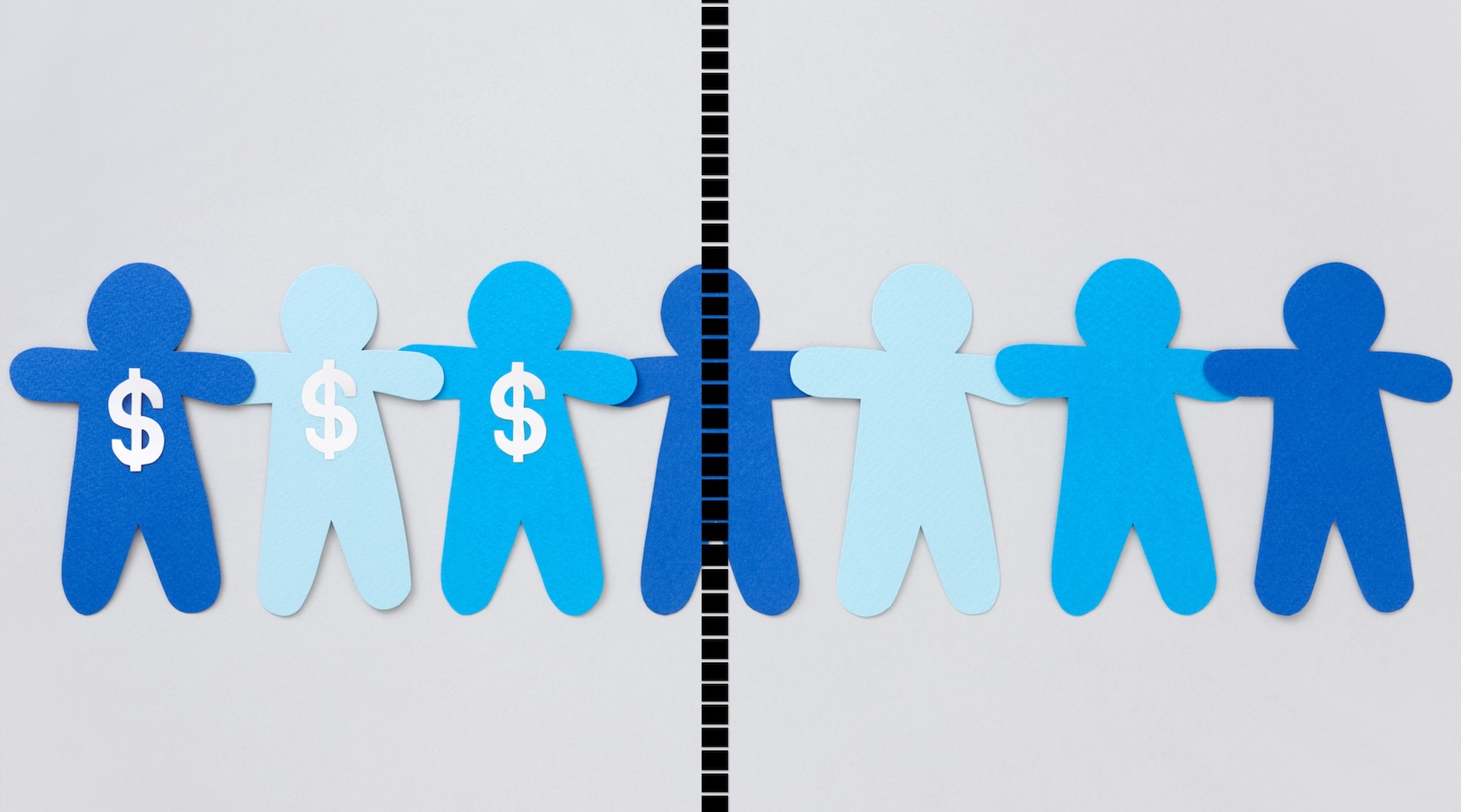Navigation auf uzh.ch
Navigation auf uzh.ch

Traditional economic theories assume that individuals only care about their own income when it comes to supporting redistribution policies. However, the authors of the study challenge this view by showing that people’s preferences towards inequality per se play a major role. By accounting for how much people dislike inequality, they can better predict who supports policies aimed at reducing income gaps.
People's aversion towards inequality comes in two forms. Some dislike being worse off than others, known as "disadvantageous inequality," while others dislike the existence of poorer individuals, termed "advantageous inequality." These attitudes vary greatly among people, and our understanding of how these preferences shape political support for redistribution policies remains limited.
In a study involving roughly 9,000 Danish participants aged 20 to 64, the researchers measured individuals’ inequality aversion with a behavioral experiment and linked the results with individuals’ support for politically enforced income redistribution and charitable donations. The authors find that people who have a stronger dislike of both advantageous and disadvantageous inequality are more likely to support political redistribution. However, with regard to charitable donations, those who dislike advantageous inequality more strongly are more generous while those who dislike disadvantageous inequality are less generous.
These findings support the theory of inequality aversion which stipulates that many people dislike inequality per se, and that this dislike has important economic and political consequences.